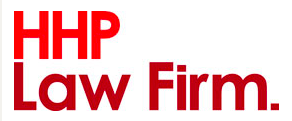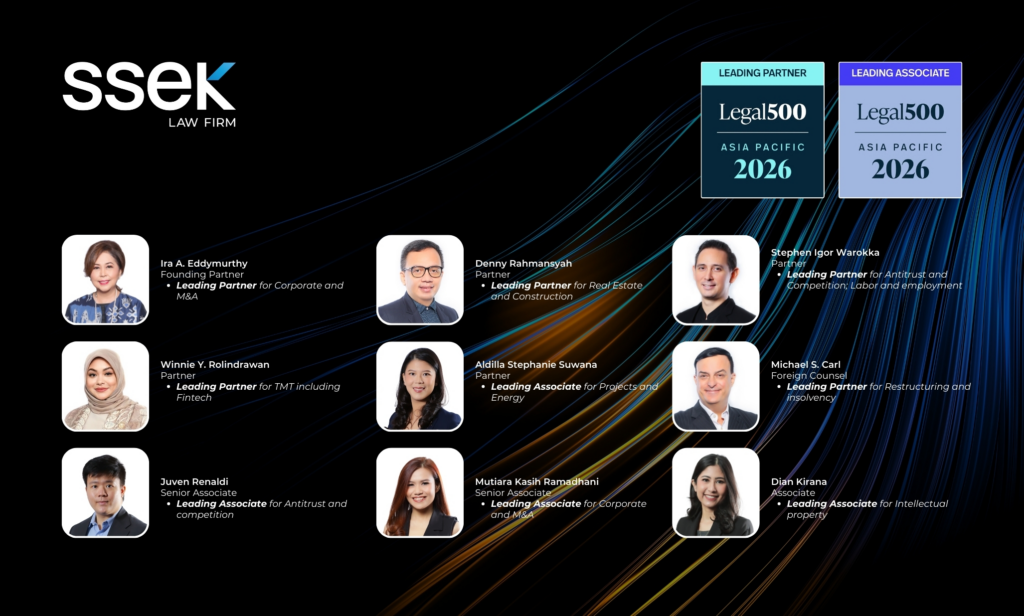23 March, 2020
Stakeholders demand mining companies be not only profitable and productive but also responsible and sustainable
The mining industry is facing new challenges. In the past, mining companies simply had to plan their production on the basis of “highest volumes at the lowest production cost” to keep stakeholders happy. Today, mining companies have to address an increasing list of demands from a wide range of stakeholders to be not only profitable and productive but also responsible and sustainable. Environmental, Social and governance (ESG) matters are key considerations in this age of stakeholder capitalism.1
In the face of the climate crisis, there is growing pressure on mining companies from their stakeholders – shareholders, workers, local communities, consumers, governments and regulators – to reduce their greenhouse gas emissions, respond to the energy transition from fossil based fuels to lower carbon alternatives, and more generally, address their direct and indirect impact on
climate change. Companies must proactively deal with these issues as part of their strategy and implement meaningful action to produce tangible results.
Mining companies must adapt to the new normal of constant rapid technological change, innovation and digital transformation. Examples of these advancements include analytics, automation, blockchain, AI (artificial intelligence), 3D viewing and smart sensors. Clever implementation of these advancements can transform mining, making it safer and more efficient and sustainable.
However, mining companies must carefully manage the effects of these advancements on operations, and specifically, the effects on their current and future workforce and the employment opportunities for the communities they operate in. There may be job losses and downsizing of related services, particularly for unskilled and semi-skilled workers, but at the same time, other workers are empowered by new technology and new jobs are created.
Mining companies need to build long lasting benefits for the communities they operate in. It is not enough to merely provide job opportunities, pay taxes and comply with law and regulations, but through deep engagement with their workers, local communities, governments and regulators, they need to make investment decisions that meet the needs of the communities they operate in.
They are expected to manage and operate projects responsibly and safely for the entire lifespan of the project and reduce the impact on the environment. Health and safety of workers and the communities affected by a project must remain a key concern.
Earning and maintaining a social licence to operate is fundamental to the success of mining companies. The call for the mining industry to leave behind its “dirty industry” image has never been greater. Baker McKenzie has extensive experience enabling mining companies and those operating in the mining industry to continue to develop their business successfully whilst positively contributing to the communities and environment they operate in.
Mantos Copper, Chile
Baker McKenzie advised Mantos Copper SA, a mining company focused on the extraction and sale of copper in Chile, on mining and environmental regulatory and compliance matters in connection with their mining operations at the Mantoverde and Mantos Blancos sites, including those related to the recent USD 250 million financing for the expansion of the Mantos Blancos copper mine. In particular, our team assisted with filing and follow-up with the authorities of a number of environmental permits, providing the legal grounds for their approval and authorization. These included the necessary permits for water usage and treatment of septic and industrial water waste to ensure the protection of the environment and the nearby communities, as well as the sanitary permits for the management of hazardous waste. Our work involved regular engagement with local authorities and institutions to mitigate and help address a number of socio-economic issues.
Environmental licensing law, Brazil
We advised a large Latin American company operating in the Mining & Metals sector regarding the environmental licensing process of the expansion of its mining dams in the region. Following the 2015 and 2019 environmental disasters (Mariana and Brumadinho), Brazilian law established precautionary measures to ensure safety of communities located downstream of mining dams and the mining dams’ stability. The National Mining Agency (ANM) Resolution No. 04/2019 prohibits companies responsible for mining dams to maintain or build in the self-rescue zone (ZAS) any permanent or temporary installation, work or service that includes human presence. State law prohibited the granting of environmental licenses for dams where communities were present in the ZAS. At the time, state law was still pending regulation and the State in which the dam was situated was unwilling to grant environmental licenses without a definitive solution to the issue of human presence in the ZAS. Baker McKenzie presented a number of alternatives to the State Environmental Agency that dealt favorably with this issue and allowed for it to resume the licensing process of the expansion of mining dams.
Our recent article Introduction to ESG considerations for the mining sector: reporting obligations an investor expectations, provides further insight and practical recommendations for those wanting to address these increasingly pressing issues.
For further information, please contact:
Norman S. Bissett, Hadiputranto, Hadinoto & Partners
norman.bissett@bakernet.com
1 To find out more about the age of stakeholder capitalism see our recent article and related FT Big Deal video Is ESG prompting the end of shareholder primacy? and the article Questions directors need to ask in the age of stakeholder capitalism written by Milton Cheng, Beatriz Pessoa de Arujo and Julia Hayhoe as part of the 2020 World Economic Forum Annual Meeting in Davos.





